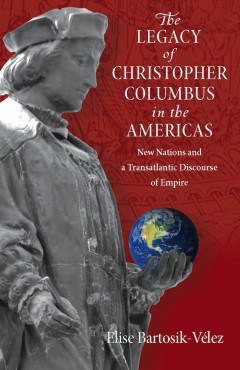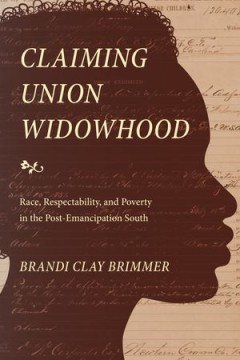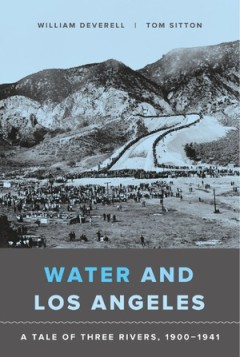Filter by

The Legacy of Christopher Columbus in the Americas : New Nations and a Transa…
Why is the capital of the United States named in part after Christopher Columbus, a Genoese explorer commissioned by Spain who never set foot on what would become the nation's mainland? Why did Spanish American nationalists in 1819 name a new independent republic "Colombia," after Columbus, the first representative of the empire from which they had recently broken free? These are only two of th…
- Edition
- -
- ISBN/ISSN
- 9780826519535
- Collation
- 216 halaman
- Series Title
- -
- Call Number
- 900 BAR l

Claiming Union Widowhood Race, Respectability, and Poverty in the Post-Emanc…
In Claiming Union Widowhood, Brandi Clay Brimmer analyzes the US pension system from the perspective of poor black women during and after the Civil War. Reconstructing the grassroots pension network in New Bern, North Carolina, through a broad range of historical sources, she outlines how the mothers, wives, and widows of black Union soldiers struggled to claim pensions in the face of evidentia…
- Edition
- -
- ISBN/ISSN
- 9781478090403
- Collation
- -
- Series Title
- -
- Call Number
- -

American Dolorologies: Pain, Sentimentalism, Biopolitics
Offers a critical history of the role of pain, suffering, and compassion in democratic culture. American Dolorologies presents a theoretically sophisticated intervention into contemporary equations of subjectivity with trauma. Simon Strick argues against a universalism of pain and instead foregrounds the intimate relations of bodily affect with racial and gender politics. In concise and orig…
- Edition
- -
- ISBN/ISSN
- 9781438450216
- Collation
- -
- Series Title
- -
- Call Number
- -

Water and Los Angeles
Los Angeles rose to significance in the first half of the twentieth century by way of its complex relationship to three rivers: the Los Angeles, the Owens, and the Colorado. The remarkable urban and suburban trajectory of southern California since then cannot be fully understood without reference to the ways in which each of these three river systems came to be connected to the future of the me…
- Edition
- -
- ISBN/ISSN
- 9780520965973
- Collation
- -
- Series Title
- -
- Call Number
- -
 Computer Science, Information & General Works
Computer Science, Information & General Works  Philosophy & Psychology
Philosophy & Psychology  Religion
Religion  Social Sciences
Social Sciences  Language
Language  Pure Science
Pure Science  Applied Sciences
Applied Sciences  Art & Recreation
Art & Recreation  Literature
Literature  History & Geography
History & Geography